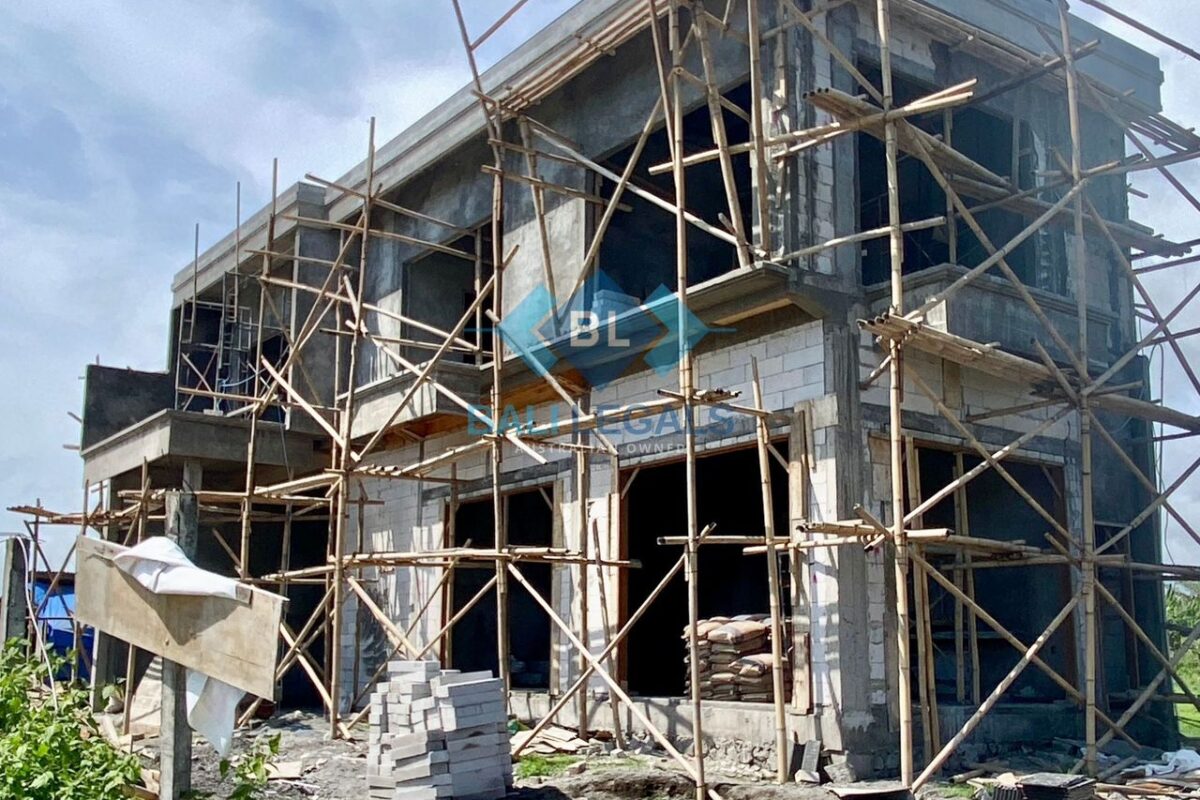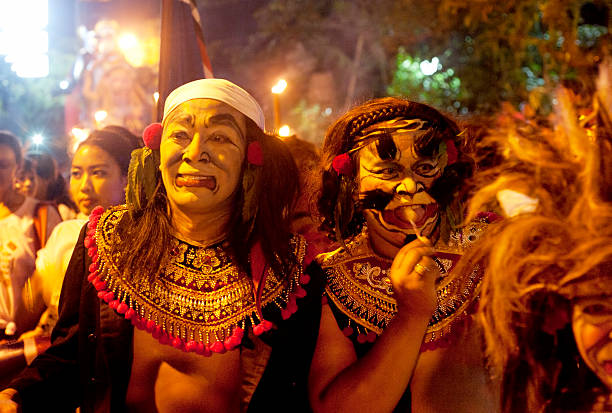Bali, with its lush landscapes, pristine beaches, vibrant culture, and warm hospitality, is one of the world’s most popular travel destinations. But when is the best time to visit this paradise island? The answer depends on what you’re hoping to get out of your trip. Whether you’re chasing the sun, looking to avoid the crowds, or hoping to save a bit on travel costs, Bali offers something for everyone year-round. Here’s a guide to help you choose the perfect time for your Bali adventure!
The Dry Season: April to October
If you’re looking for the quintessential Bali experience with sunny weather and clear skies, the dry season is your ideal time to visit. Running from April to October, this is when Bali’s weather is at its best. Days are warm and sunny, with minimal rainfall, making it perfect for outdoor activities like:
- Beach Days: Bali’s coastline is famous for its stunning beaches, perfect for sunbathing, surfing, and swimming.
- Hiking and Nature Walks: Explore the island’s natural beauty, from the famous rice terraces in Ubud to trekking up Mount Batur for a sunrise hike.
- Sightseeing: Bali is home to countless temples, waterfalls, and cultural attractions that are best explored when the weather is pleasant.
The peak tourist months within this season are July and August, when the island sees a surge in visitors. If you prefer to avoid large crowds, the shoulder months of April, May, June, and September are fantastic choices. These months typically offer great weather with fewer tourists, giving you a more peaceful Bali experience.
The Wet Season: November to March
From November to March, Bali enters its rainy season, which is characterised by higher humidity and frequent showers. While this might not be ideal for beach lovers or outdoor adventurers, there are still plenty of perks to visiting during this time:
- Fewer Crowds: Because this is considered off-peak season, you’ll find fewer tourists, making it easier to explore Bali’s sights without the crowds. If you love a quieter, more laid-back atmosphere, this is your time to visit.
- Lower Prices: Hotels, flights, and tours are generally more affordable during the rainy season, which means you can enjoy a luxurious Bali getaway for less.
- Lush Greenery: Bali’s landscapes come alive during the wet season. The rain nourishes the island’s rich flora, creating an even more beautiful and vibrant environment. The famous Tegallalang Rice Terraces and other scenic areas are especially breathtaking.
- Spa and Wellness: Bali is renowned for its wellness retreats and spa culture. During the wet season, you can indulge in relaxing spa treatments, yoga, and meditation in the comfort of indoor settings.
Although it’s rainy, the showers are usually short, lasting just a few hours in the afternoon or evening. So, if you don’t mind a little rain and are looking to escape the tourist rush, visiting Bali during the wet season can be an excellent option.
Special Events and Festivals in Bali
When planning your trip to Bali, consider the island’s special cultural events and festivals, which can make your experience even more memorable. Some notable events include:
- Nyepi (Balinese New Year): Typically celebrated in March or April, Nyepi is a unique and fascinating event where the whole island comes to a standstill for a day of silence. It’s a great time for cultural immersion, but it can also mean limited activities and closures.
- Galungan and Kuningan: These important Hindu festivals are celebrated every 210 days (based on the Balinese calendar). During these times, Bali is adorned with intricate offerings and beautiful decorations, providing a vibrant cultural experience.
Best Time for Specific Activities
- Surfing: Bali is a surf haven, and the best waves can be found during the dry season, from April to October, especially on the west coast at beaches like Kuta, Uluwatu, and Padang Padang.
- Diving and Snorkeling: The dry season is ideal for water activities, offering clear waters and great visibility. However, the wet season still offers good diving conditions in places like Nusa Penida.
- Yoga and Wellness Retreats: The rainy season’s quiet atmosphere makes it a perfect time for yoga and wellness retreats, with many people opting for indoor sessions and spiritual practices.
Conclusion: When Should You Visit Bali?
Ultimately, the best time to visit Bali depends on your preferences and the type of experience you want.
- Dry season (April to October): For sunny weather, outdoor adventures, and fewer crowds (if you visit in the shoulder months).
- Wet season (November to March): For a quieter, more affordable trip, lush landscapes, and cultural immersion.
Whatever time you choose to visit, Bali will undoubtedly provide you with a magical experience, whether you’re lounging on the beach, exploring its temples, or enjoying its world-class food scene.
For assistance with Bali visas, contact Bali Legals to discuss your requirements.
Please follow our Facebook page and Instagram account for all the latest news and information.
See our Google Reviews.





